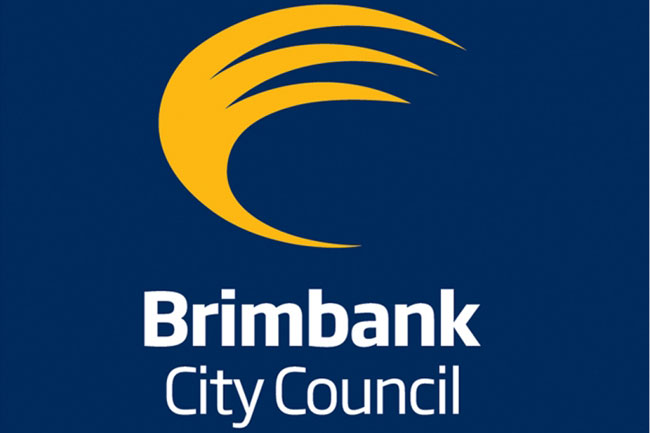By Tate Papworth
Brimbank council fears asylum seekers will be left destitute under planned cuts to the Status Resolution Support Services (SRSS) program.
Brimbank mayor Margaret Giudice said latest federal government statistics show Brimbank has the highest rate of people (18.3 per cent) seeking asylum in Victoria and she believed they would be further disadvantaged by the cuts.
“People seeking asylum are already seeking emergency assistance in increasing numbers from agencies and other charities throughout Australia, and many of these charities receive no money from the government,” Cr Giudice said.
“Funding cuts are going to severely impact this community. I can’t stress enough that this is just not acceptable.”
SRSS provides support to people who are living in the community on temporary visas, or who are in community detention while their application for refugee status is assessed.
It provides a basic living allowance of $35 a day and access to health services.
Last month, the Department of Home Affairs began a staggered exit of about 1500 people seeking asylum from the service.
The department notified people who are currently receiving SRSS that they have been given work rights and had 30 days to find a job, before their support will be stopped.
At the July council meeting Cr Victoria Borg moved a notice of motion asking for the council to write to political parties and local members of federal and state government expressing Brimbank’s position and the likely social impacts on the city.
“Previously we’ve strongly advocated for greater resources for agencies to deal with the humanitarian challenges of people seeking asylum in the community, acknowledging that they already live in poverty due to the limited financial support offered through the SSRS program and the inability to find work.
“These federal government planned cuts will take it to the level of a humanitarian crisis as requests for places to live, and money for clothes, food and medicine, will only escalate.”
Asylum Seeker Resource Centre humanitarian services director Sherrine Clark said the cuts would push services to their limits.
“These cuts are going to stretch services that are already stretched,” Ms Clarke said.
“These people have fled war and political persecution and are highly vulnerable. We’re putting barriers in place restricting them from becoming independent members of society.
“This system is designed so that people become so broken they return home, but these people came here for a good reason and a lot would rather starve than die.”








